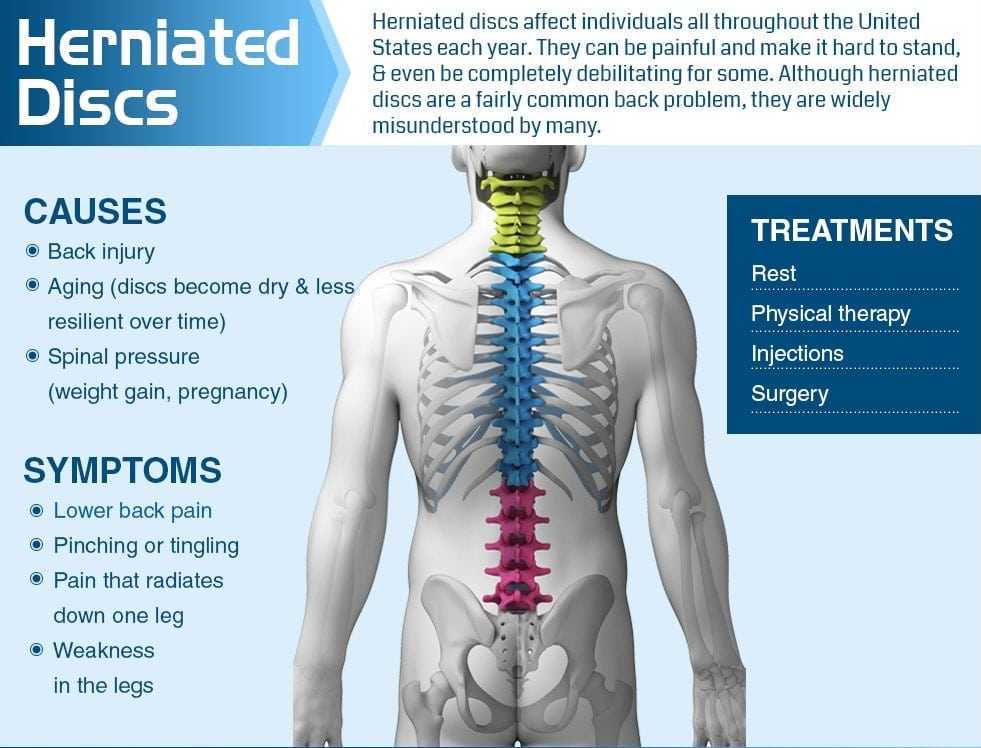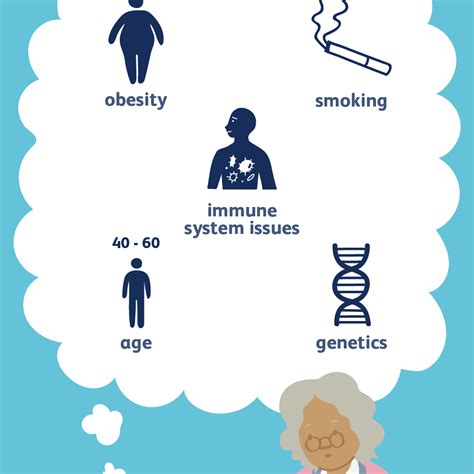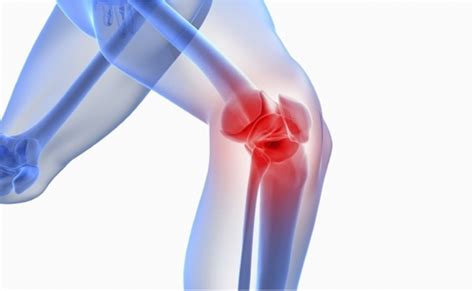A herniated disc can present a variety of symptoms, which significantly vary among individuals. These symptoms depend on factors such as the herniated disc’s position, size, and whether it is pressing on a nerve. Some people experience a gradual onset of pain that intensifies suddenly, while others may not feel any discomfort at all.
Particularly, a large disc herniation in the cervical spine can compress the spinal cord within the spinal canal, leading to symptoms like numbness, stiffness, and weakness in the legs. This condition might also affect bowel and bladder control. On the other hand, a thoracic herniated disc typically causes pain in the mid-back around the level of the herniation. It’s notable that herniated discs are most common in the lumbar and cervical regions and are relatively rare in the thoracic region.

The most common symptom of a herniated disc is pain radiating from the low back down into the leg, often referred to as sciatica. This condition may also cause leg weakness or numbness, affecting one or both legs. In rare cases, it can impact bowel or bladder functions.
When a disc herniates, it can lead to various symptoms, including pain, weakness, numbness, or tingling in the leg due to nerve irritation. It’s important to distinguish these symptoms from other health conditions, and seeking a healthcare provider for a diagnosis is crucial. Diagnostic procedures for lumbar disk disease may include a complete medical history, physical exam, and tests such as X-rays.
A herniated disc occurs when the disc ruptures or tears, allowing the jelly-like center to leak and irritate nearby nerves. This condition can happen anywhere along the spinal column, though it most often occurs in the neck (cervical) or low-back (lumbar). Lumbar disc disease, typically resulting from aging or disc degeneration, can also be triggered by severe trauma. In some cases, trauma can exacerbate an already herniated disc.
For further details on herniated discs and their symptoms, you can refer to various credible sources such asUniversity of Texas Health Science Center,Columbia University Department of Neurosurgery,Harvard Health, andHospital for Special Surgery.


